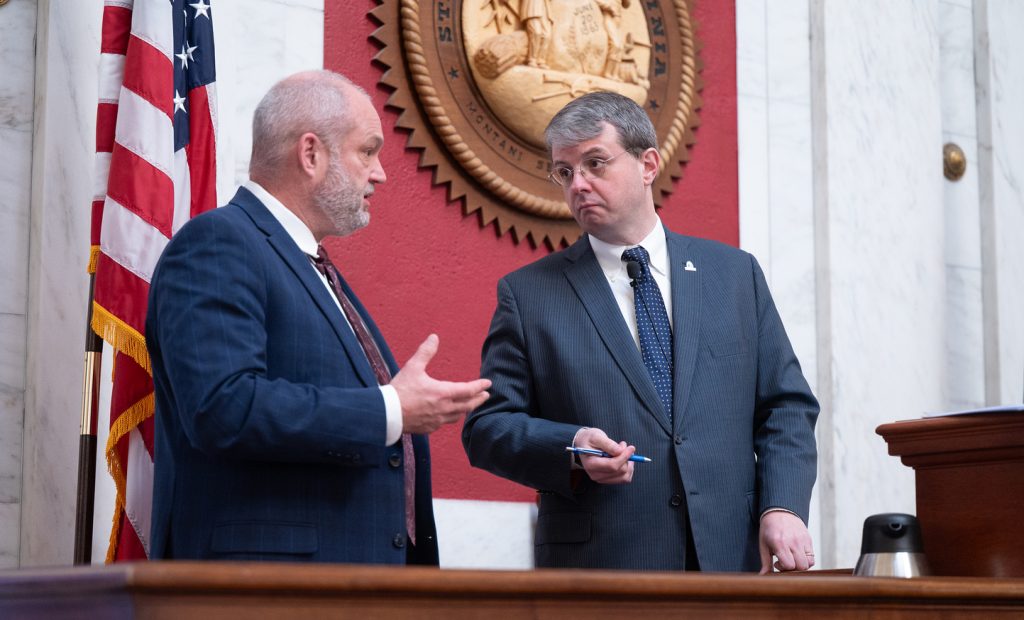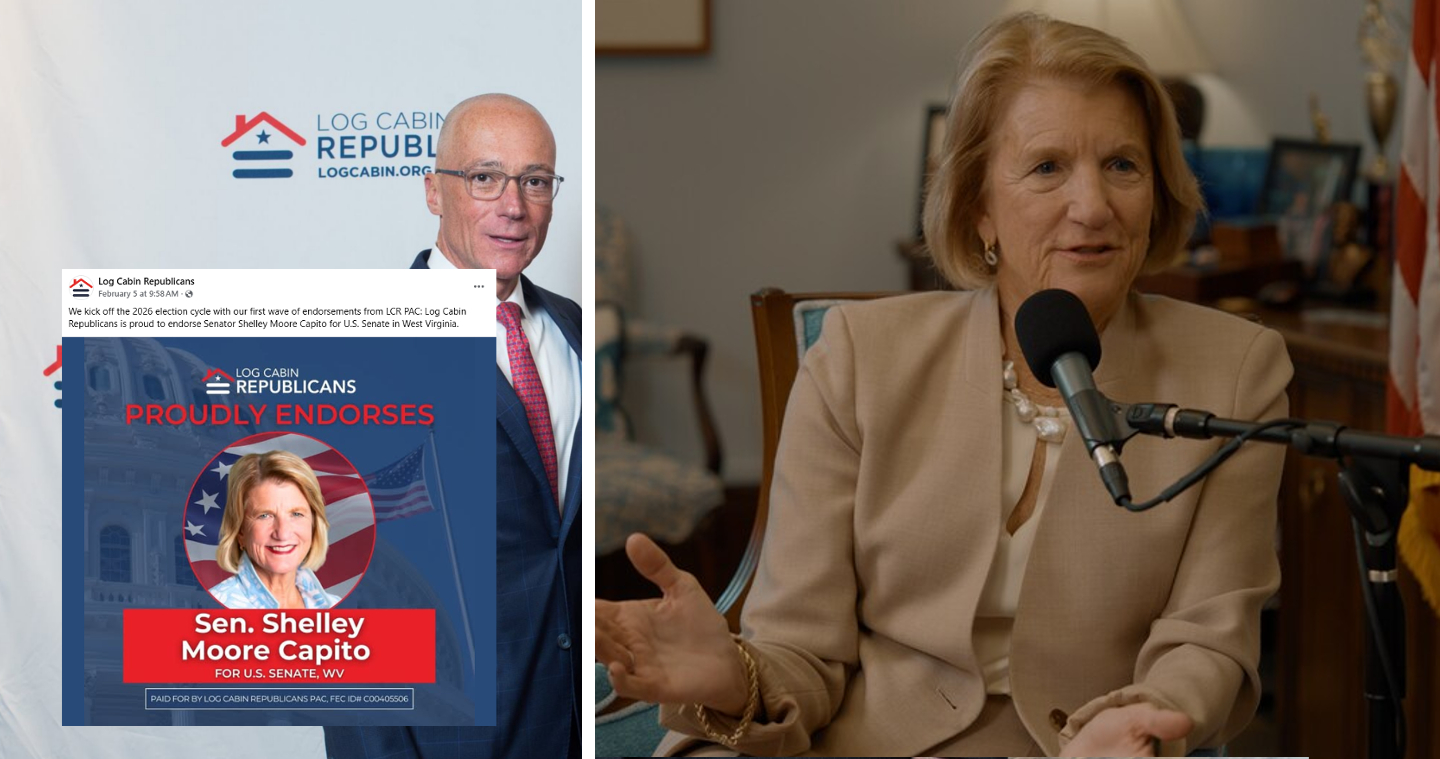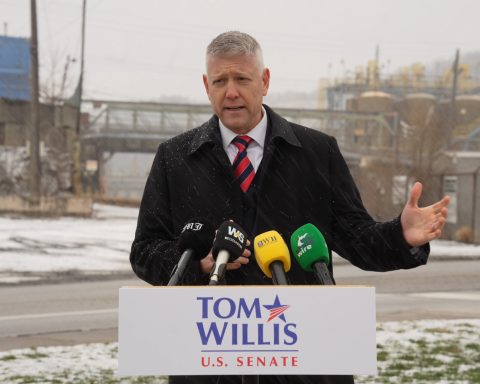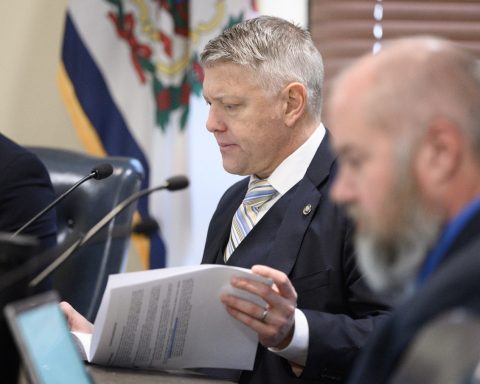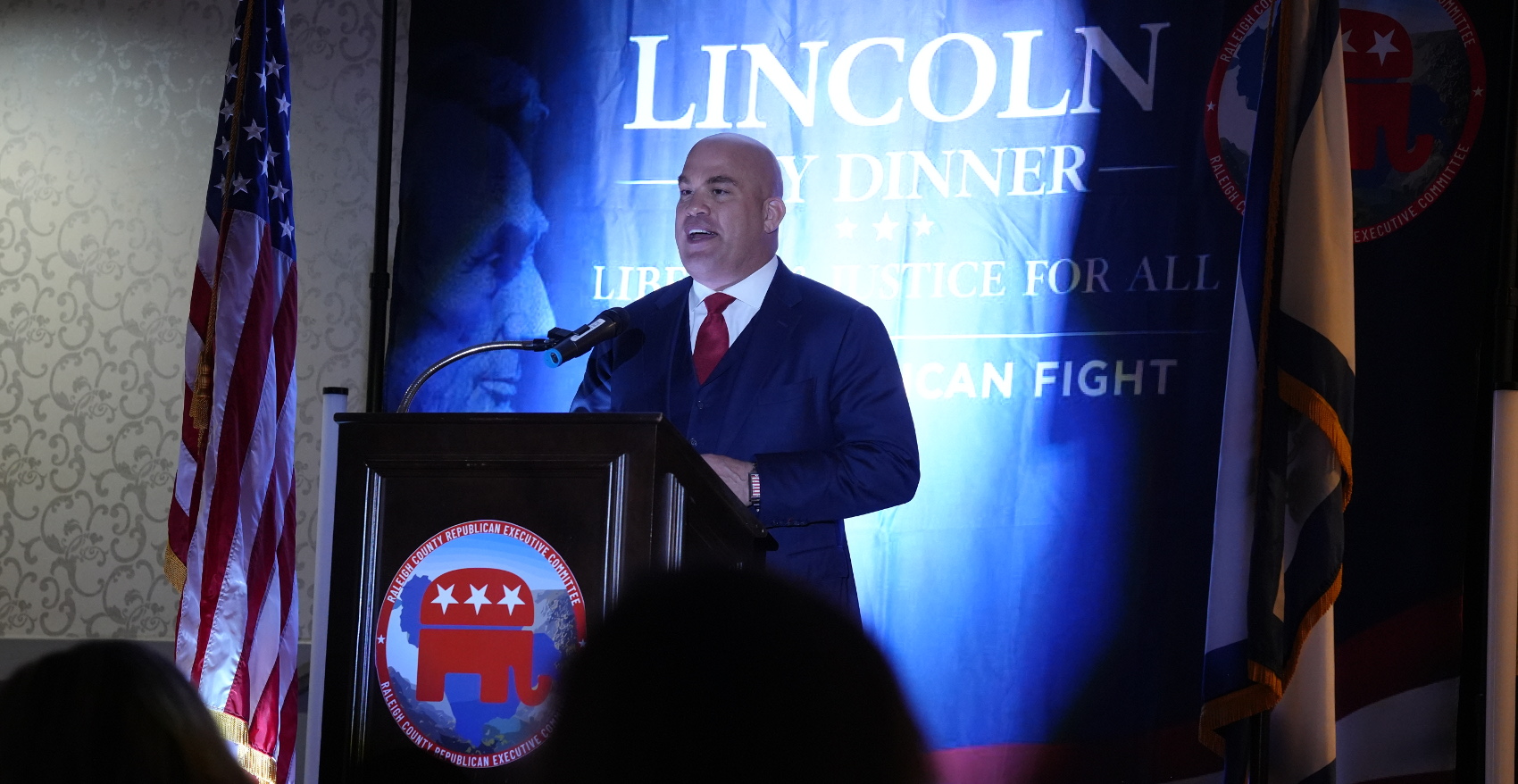Once upon a time, calling yourself a Republican in West Virginia meant something. It meant you believed in limited government, personal responsibility, and a level economic playing field. It meant you respected taxpayers and stood firm against government meddling in domestic markets. But today, under Speaker Roger Hanshaw’s leadership and with the complicity of many so-called Republicans in the Legislature, those core values are being discarded like antiquated talking points.
Speaker Hanshaw and his allies have become champions not of domestic free-market capitalism, but of corporate welfare disguised as “economic development.” They back bloated budgets filled with taxpayer-funded “investments,” sweetheart grants, and government-directed growth—policies that are more in line with President Lyndon B. Johnson’s “Great Society” programs than any authentic conservative vision.
Let’s be clear: the federal Economic Development Administration (EDA), a product of LBJ’s big-government era, was designed to use taxpayer dollars to prop up economically distressed regions. But today, it functions more like a political slush fund than a serious economic tool. Hanshaw and other establishment Republicans enthusiastically support these EDA-backed initiatives, which funnel taxpayer money into pet projects and local money pits that do little—if anything—to improve the long-term economic outlook of our state.
These programs claim to “create jobs” or “stimulate growth,” but in reality, they often amount to nothing more than vote-buying schemes and subsidies for politically connected companies. A grant here, a ribbon-cutting there, and suddenly an incumbent has a campaign ad. It’s classic big government theater—using taxpayer dollars to look busy without producing real results.
Conservatives should be asking: why are we backing policies that centralize power in government, distort markets, and expand bureaucracies? The idea of government picking winners and losers—especially in the private sector—is anathema to what the Republican Party is supposed to stand for. Yet, under the Hanshaw regime, that’s exactly what’s happening.
Let’s take a closer look at what’s really going on. Under the guise of “economic development,” millions are poured into narrowly focused local projects that benefit a single company or a small demographic. Sound familiar? It should. These are earmarks by another name. Rather than fostering an economic environment where businesses of all sizes can thrive, Hanshaw’s vision props up a select few while ignoring systemic issues like regulatory reform, tax simplification, and workforce development.
This isn’t economic stewardship. It’s government dependency dressed in a three-piece suit.
The Republican Party—at least in theory—should be the party of fiscal restraint and equal opportunity, not backroom deals and handouts. Yet our House leadership seems more interested in appeasing special interests and playing central planner than creating a truly competitive and self-sustaining economy.
Where is the focus on reducing the size and scope of government? Where are the efforts to eliminate red tape, cut wasteful spending, and promote entrepreneurship? Instead of cultivating a thriving private sector that grows organically, Speaker Hanshaw and his legislative allies are engineering artificial growth through unsustainable government spending. That’s not conservative. That’s cronyism.
To those Republicans in Charleston who have forgotten what they claim to believe, we ask: what does it mean to be a Republican anymore?
West Virginians didn’t vote for Democrat-lite policies. They voted for change—for freedom from the bloated bureaucracy that has stifled our state’s potential for generations. They deserve leadership that understands the difference between real growth and political theater.
Speaker Hanshaw’s embrace of Johnson-era central planning should be a wake-up call for every conservative in this state. It’s time to get back to basics: smaller government, freer markets, and a fair shake for every West Virginian—not just the politically connected few.
If that’s not the Republican platform, then what are we even doing?


